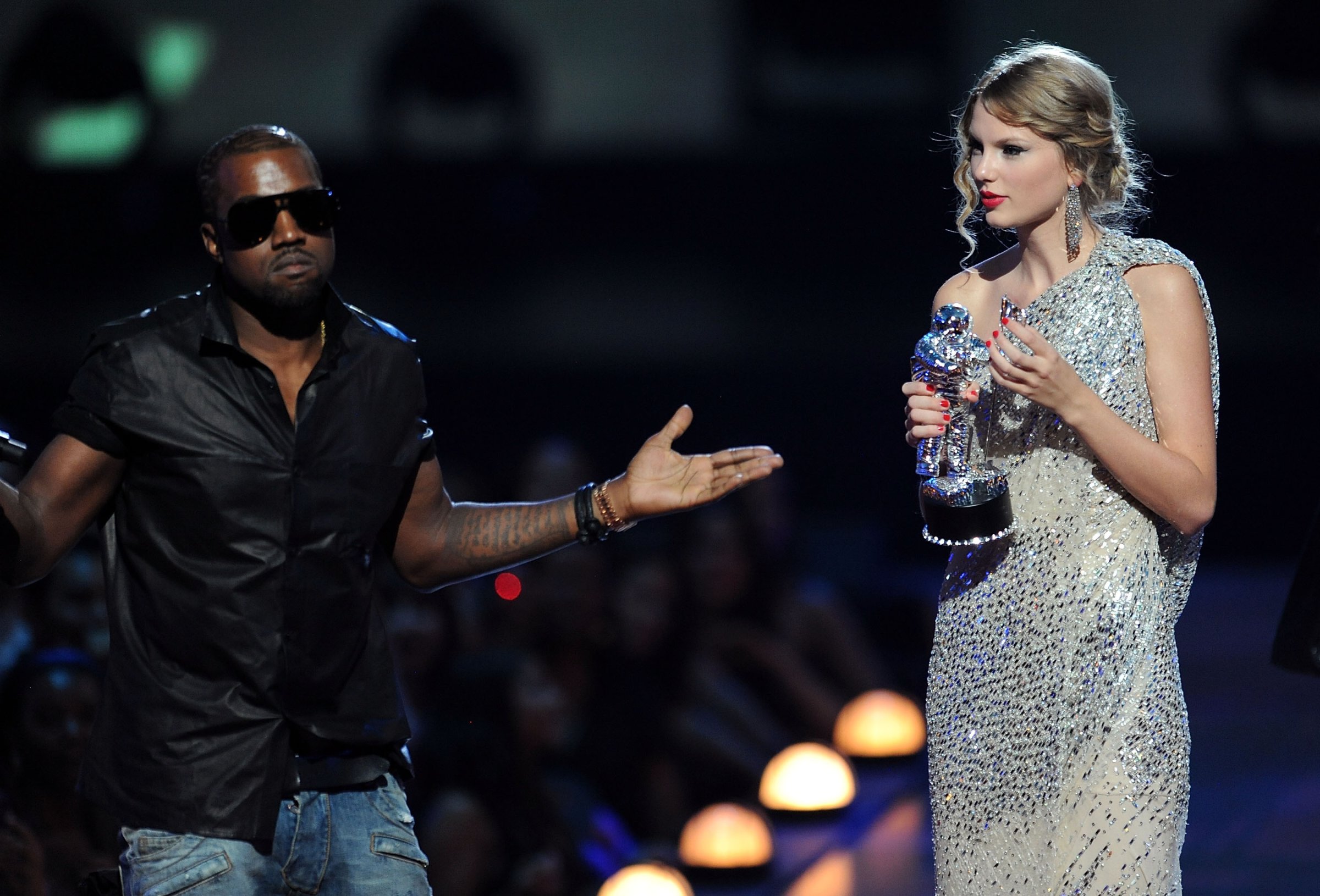
The network that made its name on being cutting-edge is returning to an old classic.
MTV, the channel that in the 1990s gave us Bill Clinton’s “boxers or briefs” moment, is pivoting back to aggressive coverage of politics, among other subjects. The network’s MTV News unit, nourished by a series of high-profile hires earlier this year, is nearly as devoted to stories about Ted Cruz and John Kasich or examinations of the legal repercussions of police violence as it is to stories about the music story of the moment, Beyoncé’s new visual album Lemonade.
It’s worth noting briefly that MTV’s political coverage online appears to lean left in much the same manner as other sites targeted at young people, like Fusion and Mic. Given the widely-documented inclinations of voters in the millennial generation and the “Founder” generation (a term MTV coined naturally), this should come as little surprise.
What is a mild surprise, at least for those who recall the network’s struggle for an identity in the years between, say, the teen-pop era and the post-Jersey Shore wilderness, is that this is where the network found itself at all. For years, MTV had been growing increasingly insubstantial, so much so that Lauren Conrad, one of the network’s signature stars during her 2006-2009 run on reality series The Hills, issued a public comment when a follow-up, career-centric series was rejected: “We delivered the show that we sold and are sorry MTV didn’t feel their viewers were savvy enough to appreciate it.” This was Lauren Conrad, not Walter Benjamin; that her content was too highbrow for MTV in 2011 hardly suggested that five years later, MTV would be serving fibrous political content to their audience. “Rock the Vote,” the campaign MTV has been aligned with since 1990 to encourage youth turnout, may still be around, but its forward-facing components, like the video “Turn Out for What,” have lately been more goofy than convincing.
Part of the rebranding appears to be nostalgia for a past in which MTV was the defining brand for all things young—from entertainment to news. A network that’s long lacked an identity (it has fantasy and horror, but also reality) could do worse than bringing back both aggressive news coverage and amped-up music coverage. That the network got widely praised for cutting into programming to broadcast Prince videos following news of the late singer’s death speaks both to how degraded the brand had become and how much hunger there is, at least among those old enough to remember, for it to return to its past glories.
But will the news play work for young viewers, readers, and—of course, MTV is expanding into podcasts—listeners? In some ways, the idea of a news unit at MTV feels a bit like something that’s been outpaced by the rest of the media industry: When just about every publication, as witnessed by the response to Lemonade, covers pop-culture news as rapidly and exhaustively as political news, an upstart unit at a brand better-known for Teen Mom and Teen Wolf has a lot of ground to make up.
But MTV could, just as likely, be poised to reap the whirlwind. Lemonade is exemplary of another trend, too: Popular culture, and specifically music, has rarely felt more nourishingly informed by the world outside the studio as at the current moment. If the nihilistic irony of 1992 youth culture made “Boxers or briefs?” feel like a breath of fresh air, the earnestness of 2016 youth culture makes it seem like a dispatch from a far-off planet. Sure, there have been politicized music acts from Public Enemy to the Dixie Chicks, but today, political engagement is a prerequisite for pop success.
It makes sense for an outlet seriously engaged with teens, whether they love Moms or Wolves, to deal with politics, if only because the album of the moment is explicitly political. So, in a way, was the album of the moment before that (The Life of Pablo). And while other stars, like Adele and Taylor Swift, may not exactly be firebrands, they have both publicly aligned themselves with feminism and with the legal case of Kesha. When even the pop star who sings about “Daisy Dukes with bikinis on top” has endorsed a candidate, we’re in a very different landscape than we were in the TRL era.
To cover music in any way, these days, is to cover politics. That MTV is committing itself to doing both is a welcome reminder that to be youth-oriented isn’t, necessarily, to pander. After all, the music stars they invite each year to the Video Music Awards are willing to speak plainly about their political ideas. Forget rocking the vote: Contemporary artists, in total earnest, want to rock every component part of the world around them, and MTV is canny to follow their lead.
More Must-Reads from TIME
- Donald Trump Is TIME's 2024 Person of the Year
- Why We Chose Trump as Person of the Year
- Is Intermittent Fasting Good or Bad for You?
- The 100 Must-Read Books of 2024
- The 20 Best Christmas TV Episodes
- Column: If Optimism Feels Ridiculous Now, Try Hope
- The Future of Climate Action Is Trade Policy
- Merle Bombardieri Is Helping People Make the Baby Decision
Contact us at letters@time.com